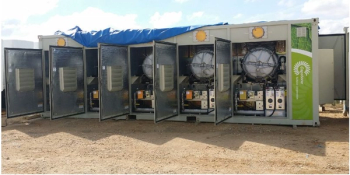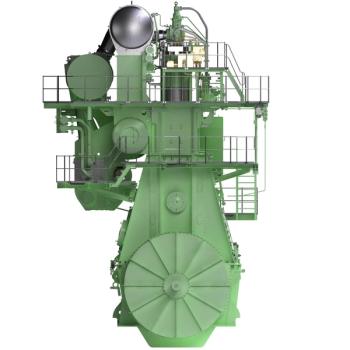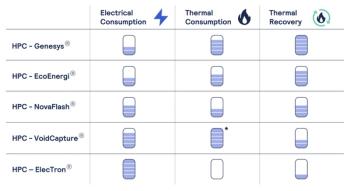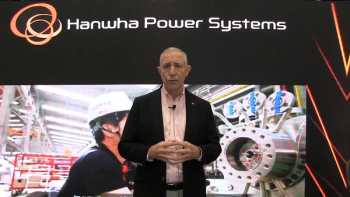
QatarEnergy to Purchase 40% Interest in 2 Egyptian Exploration Blocks
According to a farm-in agreement with ExxonMobil, QatarEnergy will acquire participating interests Cairo and Masry.
QatarEnergy signed a joint venture agreement with ExxonMobil to purchase a 40% participating interest in two offshore exploration blocks near Egypt. The 40% interest acquisition applies to the Cairo and Masry offshore concession agreements, and the operator, ExxonMobil, will maintain a 60% working interest. These offshore exploration blocks were awarded to ExxonMobil in January 2023, spanning an approximate area of 11,400 square km in depths of 2,000 to 3,000 meters.
“We look forward to working with our valued long-term strategic partner ExxonMobil, as well as with the Egyptian Natural Gas Holding Company (EGAS) and the Egyptian Ministry of Petroleum and Mineral Resources, in this promising and prospective region,” said Saad Sherida Al-Kaabi, CEO of QatarEnergy. “I would like to take this opportunity to thank the Egyptian authorities and our partners for their valuable support and cooperation.”
In February, QatarEnergy announced that work is underway at a new LNG expansion project, North Field West, to
Al-Kaabi announced that extensive appraisal drilling and testing have confirmed productive layers of Qatar’s North Field extend towards the west, which allows for the development of a new LNG production project in Ras Laffan. The CEO also announced the presence of large additional gas quantities in the North Field estimated at 240 trillion cubic feet, which raises Qatar’s gas reserves from 1,760 to more than 2,000 trillion cubic feet. Condensate reserves were also raised from 70 to more than 80 billion barrels, in addition to quantities of liquefied petroleum gas, ethane, and helium.
“These are important results that will take Qatar’s gas industry to new horizons, as they will enable us to begin developing a new LNG project from the North Field’s western sector with a production capacity of about 16 MTPA,” said Al-Kaabi. “As such, the State of Qatar's total LNG production will reach about 142 MTPA when this new expansion is completed before the end of this decade. This represents an increase of almost 85% compared to current production levels. With the completion of this project, the State of Qatar’s total hydrocarbon production will exceed 7.25 million barrels of oil equivalent per day.”
To support this increase in production capacity, QatarEnergy and four international shipowners—CMES LNG Carrier Investment, Shandong Marine Energy, MISC Berhad, and a joint venture between Kawasaki and Hyundai—signed TCP agreements for the operation of
The TCP agreements cover the operation of six vessels by CMES LNG Carrier Investments, six vessels by Shandong Marine Energy, and three vessels by MISC Berhad. Samsung Heavy Industries will build these 15 LNG vessels at its shipyards in South Korea. The final four vessels fall under a joint venture between Kawasaki Kisen Kaisha and Hyundai Glovis and are being built at Hanwha Ocean’s shipyards, also in South Korea. Each of these vessels have a capacity of 174,000 cubic meters and will be outfitted with modern LNG shipping technologies to maintain optimal fuel efficiency and minimize carbon output in transport.
Newsletter
Power your knowledge with the latest in turbine technology, engineering advances, and energy solutions—subscribe to Turbomachinery International today.




